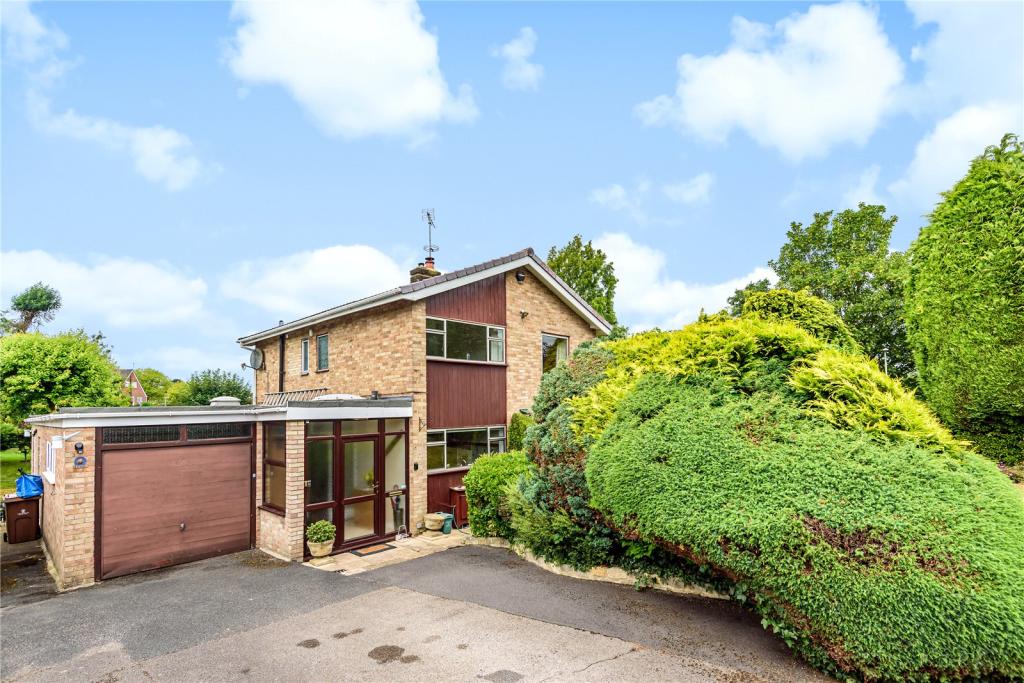Caporegime
- Joined
- 7 Apr 2008
- Posts
- 25,398
- Location
- Lorville - Hurston
For point 2. doesnt the fact that i would have paid 5 years worth of mortgage repayment help with any increase in rates as my LTV after 5 years will be lower than 85%?The current risks are:
1. Loss of income. Is your (and your partner's, if relevant) job likely to be secure in the recession? If not, then defaulting on the mortgage can cost you a lot.
2. Rapid rise in interest rates. Likely to be a significant problem for many, but as a new buyer you have the option of taking a fixed rate mortgage that should take you through to the other side. Ensure you borrow at a level where 5% or 7% interest rates after that fixed period aren't going to cause you issues.
3. Negative equity. Recessions usually lead to a fall in house prices. If you think you may want to move again (or are forced to) in the short to medium term this may be a big problem, however if you think this is your long term home then it'll come out in the wash in the coming years.
It's up to you how much you care about these potential issues.




 sorry man
sorry man see how many thousands it saves you over the mortgage length!!
see how many thousands it saves you over the mortgage length!!
